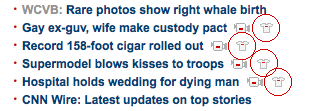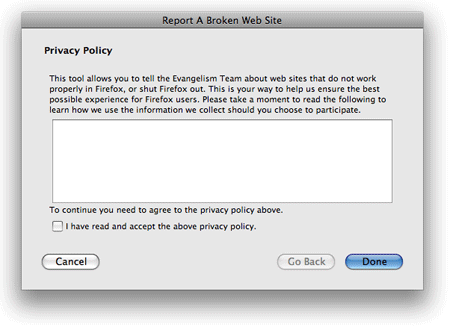Happy Fourth of July to those of you in the United States. In honor of the holiday, I thought I'd share a fireworks memory from my childhood. It's both educational (in terms of what not to do) and somewhat entertaining (in hindsight)...though as to whether it's more educational or entertaining, well, I'll leave that up to you. As this is based on really old memories, some of the details are definitely wrong, but the basic facts are 100% as presented.
I grew up in Colorado, in a small neighborhood known as Heatherwood. Our home was the brown-roofed one just up and to the right from the "A" on this Google map. As you can see, there's a relatively large park just south of our house. This was a great place to hit golf balls, toss the frisbee, and generally goof off...and on the Fourth of July, the area around the park became a great place to set off and watch fireworks.
When I was growing up--I'm not sure if this is still true or not--Colorado had banned all the interesting fireworks. You couldn't buy anything that flew or exploded, basically. So you were left with little sparkler things, various fountains, and smoke bombs--yawn! Wyoming, however, which was but 90 or so miles north, had no such laws--everything was legal there. (Somewhat ironically, I now live in a very similar situation. Oregon allows only the basic stuff, but Washington (only 30 miles north) allows everything.) So one year when I was maybe 10 or so, my dad drove up to Cheyenne and came home with the motherload--a large bag full of bottle rockets, buzz bombs, roman candles (a bunch of them tied together in one massive device), various small firecrackers, and a couple of large cherry bombs. After seeing the bag, that year's Fourth of July holiday couldn't come fast enough.
Finally the day arrived, and after the requisite picnics, we set off for the park. We always took a couple buckets of water, just in case any small fires started (but the park was much greener when I was growing up, and we never had any problems). We found a spot to set up the flying fireworks (firecrackers were lit in the street), and set up our first display of the evening. I don't recall exactly what the thing was called, but its cone-shaped casing promised something along the lines of a "huge shower of colorful sparks!" The cone was maybe 18" tall, so we set it on the ground, lit the fuse, then backed away a good distance. Soon enough, a huge shower of colorful sparks did indeed erupt from the cone.
However, as we watched the cone, we noticed something else: the angle of the shower of sparks was changing.
[continue reading…]
 Today, WordPress released WordPress for iPhone. So I thought I'd try it out--given how little I post here, any excuse to write something is worth a shot!
Today, WordPress released WordPress for iPhone. So I thought I'd try it out--given how little I post here, any excuse to write something is worth a shot! It was my turn on the Macworld video blog-go-round again this week. The topic I chose is "working with multiple Macs in one home."
It was my turn on the Macworld video blog-go-round again this week. The topic I chose is "working with multiple Macs in one home." 
 As you might guess, I get a lot of email from readers of Macworld and macosxhints.com. For the most part, I love hearing from readers -- even if it's negative feedback, believe it or not. In the case of negative feedback, however, it's nice if the writer provides enough detail so I know (a) what they're upset about, and (b) what I might be able to do about it. I've actually had many useful and productive exchanges with folks who wrote to flame me for one reason or another.
As you might guess, I get a lot of email from readers of Macworld and macosxhints.com. For the most part, I love hearing from readers -- even if it's negative feedback, believe it or not. In the case of negative feedback, however, it's nice if the writer provides enough detail so I know (a) what they're upset about, and (b) what I might be able to do about it. I've actually had many useful and productive exchanges with folks who wrote to flame me for one reason or another.


